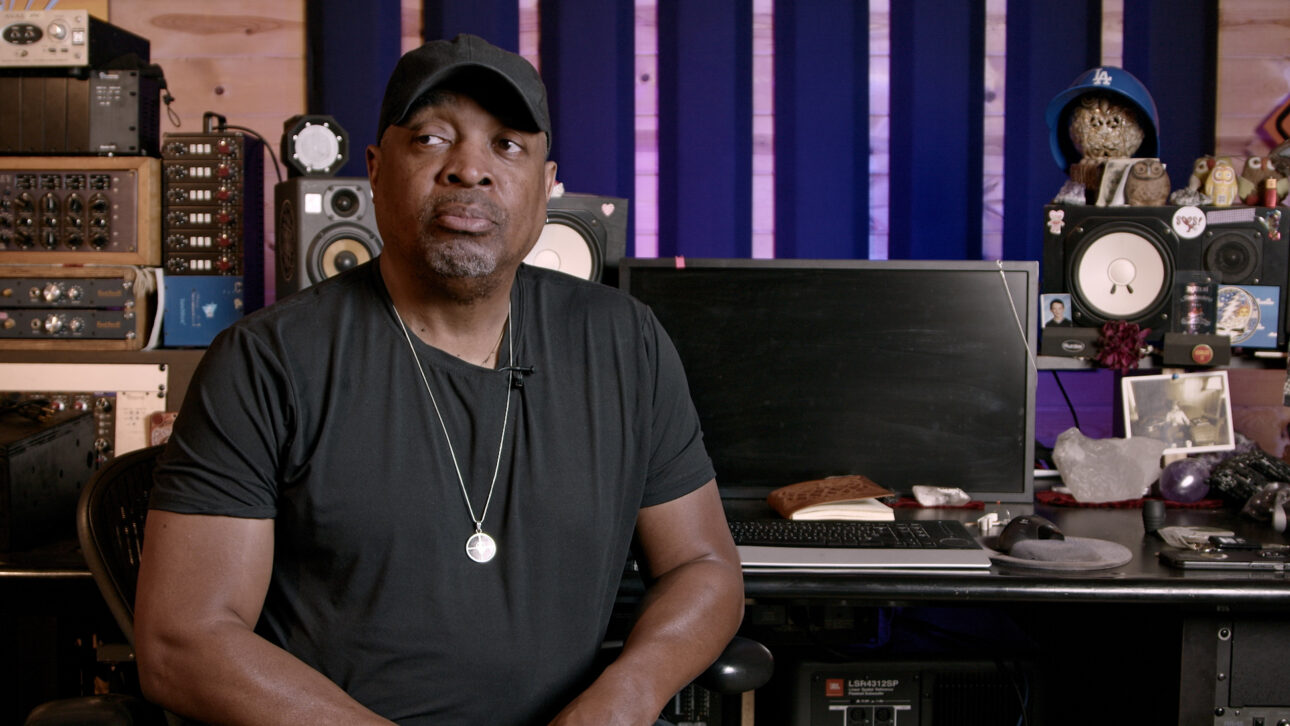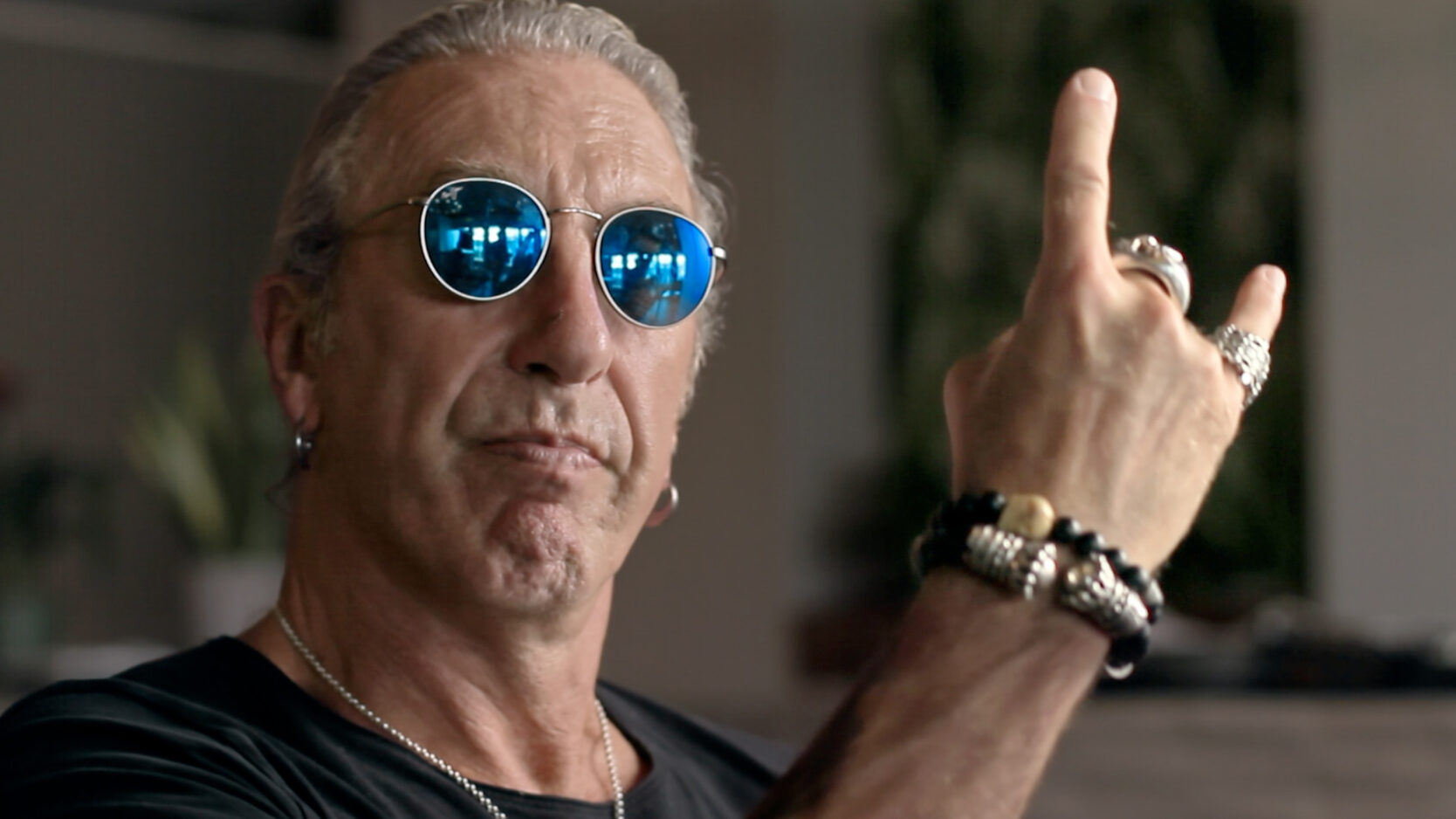With all forms of expression, there will always be things people don’t want to hear. Where is the line between expression and obscenity? When does art cross that line, and what happens next?
Director Sean Patrick Shaul’s documentary Cover Your Ears takes a close look at these questions through the music industry. Narrated by Scowl’s Kat Moss, the Prairie Coast Films doc combines archived footage and media reports with appearances from members of Public Enemy, Twisted Sister, Judas Priest, and Dead Kennedys (and SPIN founder Bob Guccione, Jr.).
The issue of trying to control music censorship dates back to the early 20th century, when the turntable allowed people to control what they were listening to rather than just what the radio gave them. As modes of listening have evolved, there has been a long-standing fight from mostly conservative politicians and parents to “protect” the young from explicit music content, which has ranged from Elvis’s hips to Judas Priest going on trial for subliminal messages, to Cyndi Lauper (really) and Prince and hysteria over sex-related song lyrics.
“It’s always been about protecting the children,” Shaul says. “But there are many layers to this—religion, race, politics, all sorts of things under the guise of ‘protecting the children.’”
In the documentary, Ian Hill, bassist for heavy metal band Judas Priest, describes how the band’s music and shows were unconventional: “We always pushed the envelope every chance we had, and it definitely freaked out mainstream America.”
On the other hand, Jesus Lizard singer David Yow says, “It had never occurred to me that going to see a band could be a dangerous thing.”
Hip-hop artist Tiny Doo discusses the injustice of being blamed for song lyrics as if actions had been committed. “No way in the world you could charge me with some shootings based off of something I was talking about in my music,” he says. “I haven’t done anything.” And Chuck D claims: “Everybody had a song where they had something to say. They always made sure that there was a message in the music.”

Music-controlling laws have been brought to the table in the past, but the First Amendment has invariably defeated them. Now, as avenues of music listening have metastasized with the Internet and social media, the subject is more relevant than ever.
And if people want to listen to a song, they want to hear the true version.
“Nobody’s downloading the clean version of anything,” Shaul says. “The streaming numbers of an explicit version of a song are astronomically higher than the clean version’s numbers. Nobody who is looking for that specific art is looking for it to be censored.”
Shaul said he and the producers didn’t plan to make a film about race, but they found that race is heavily intertwined with music censorship.
“Johnny Cash sang, ‘I shot a man in Reno just to watch him die’ in ‘Folsom Prison Blues,’ and that was accepted,” the director points out. “But there would be backlash for a Black artist who writes lyrics like that. That’s what we want to discuss.”
The documentary shows that not much has changed since the 1985 Parents Music Resource Center (PMRC) Senate hearing. Ultimately this led to a ratings system for albums containing explicit lyrics—something the music industry resisted vigorously, until they realized the so-called “warning labels” increased record sales exponentially.
The film’s intention is to spark a discussion, where people question themselves and the music they listen to.
“There are moments in the film that make people scratch their heads and think about things in a way they never have before,” Shaul says. “And that was our goal, to open people’s eyes to the multiple layers of this discussion to show it’s not just a black and white situation.”
Cover Your Ears will be available on Apple TV+ starting March 5th.





